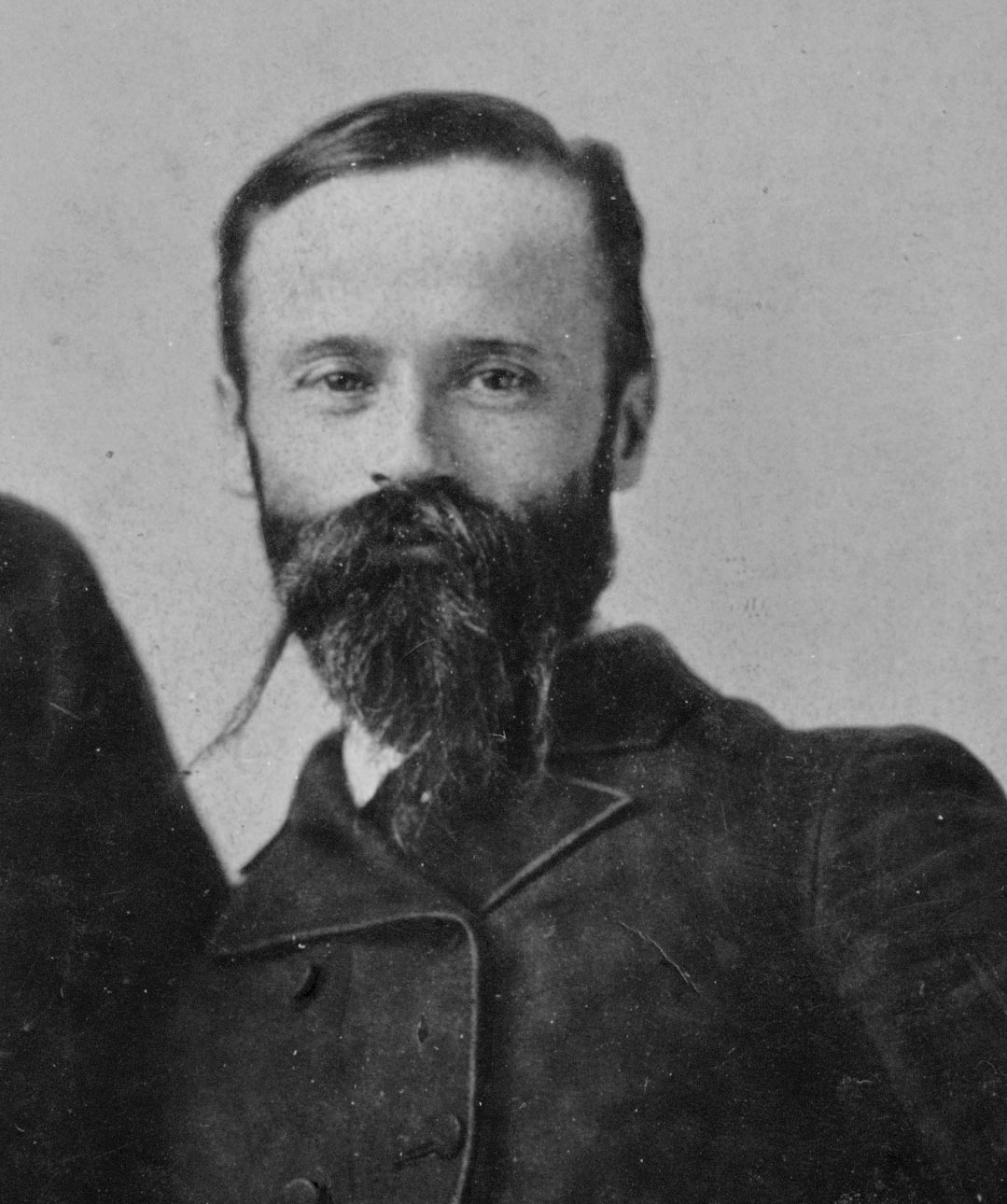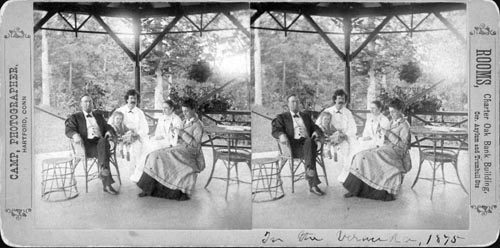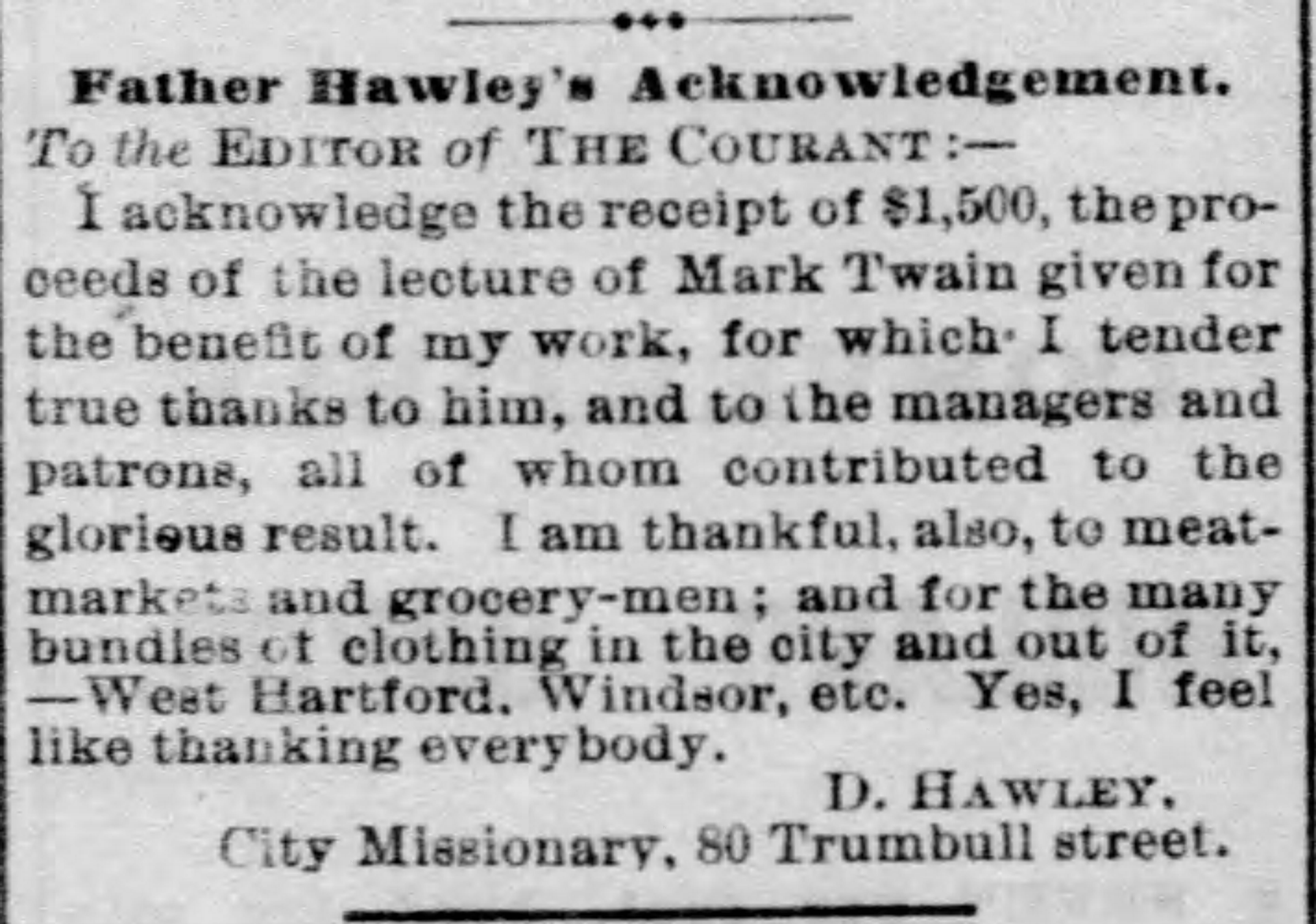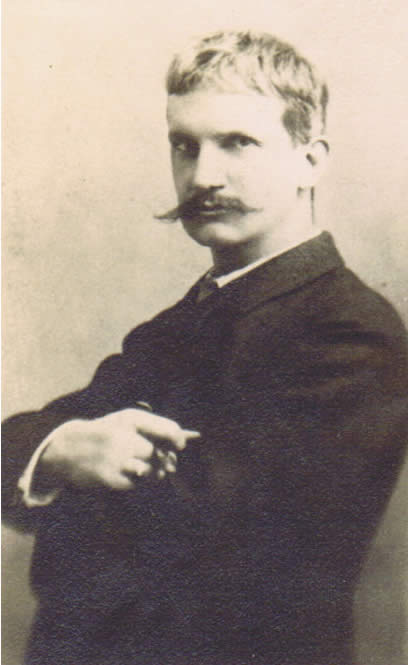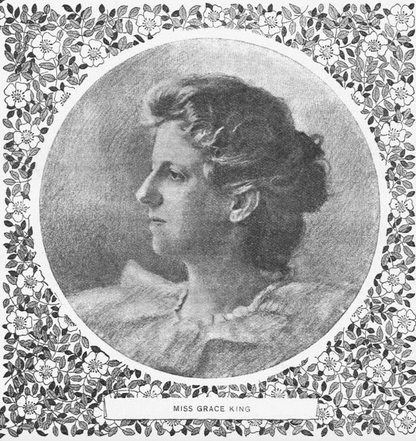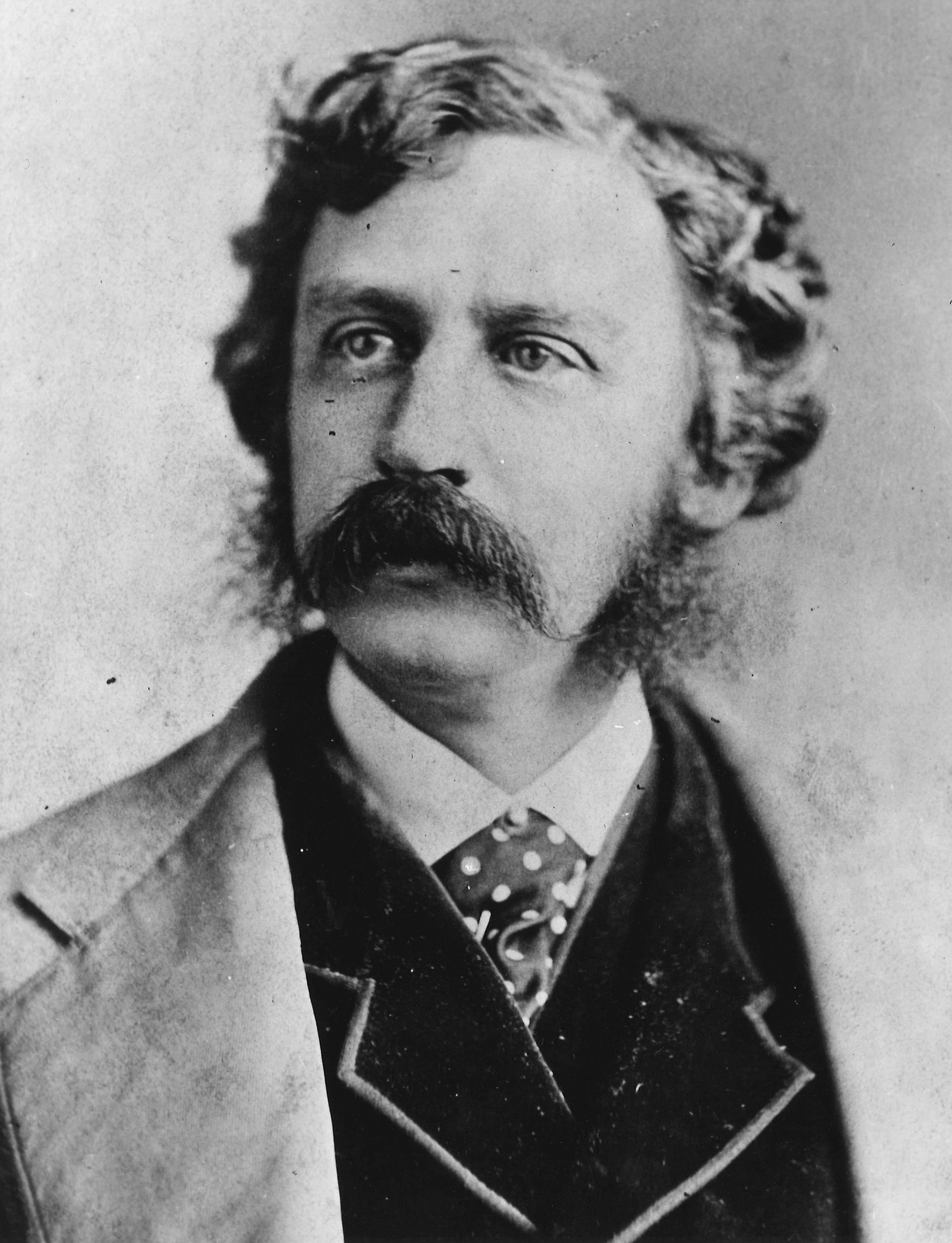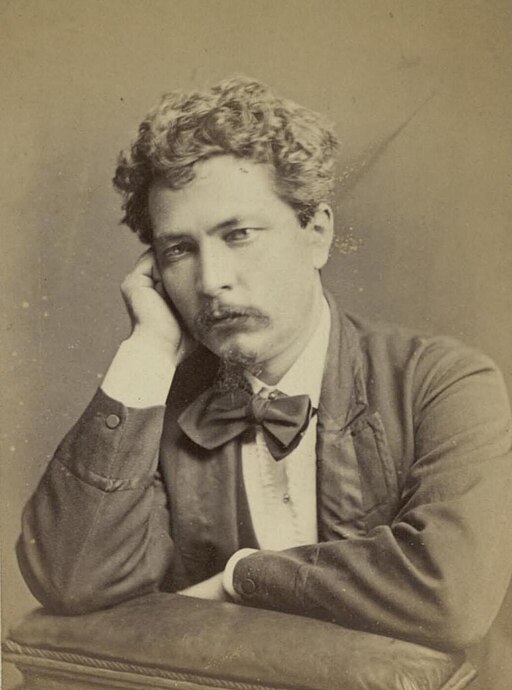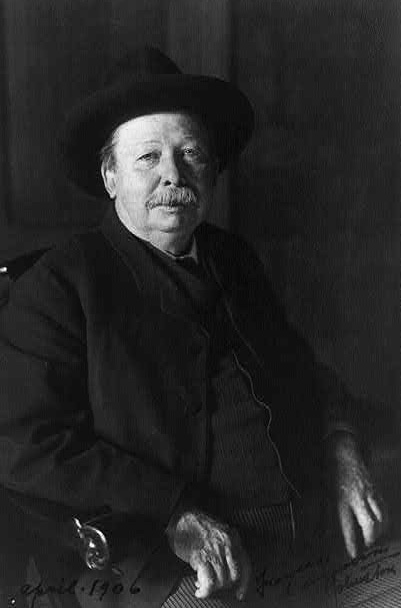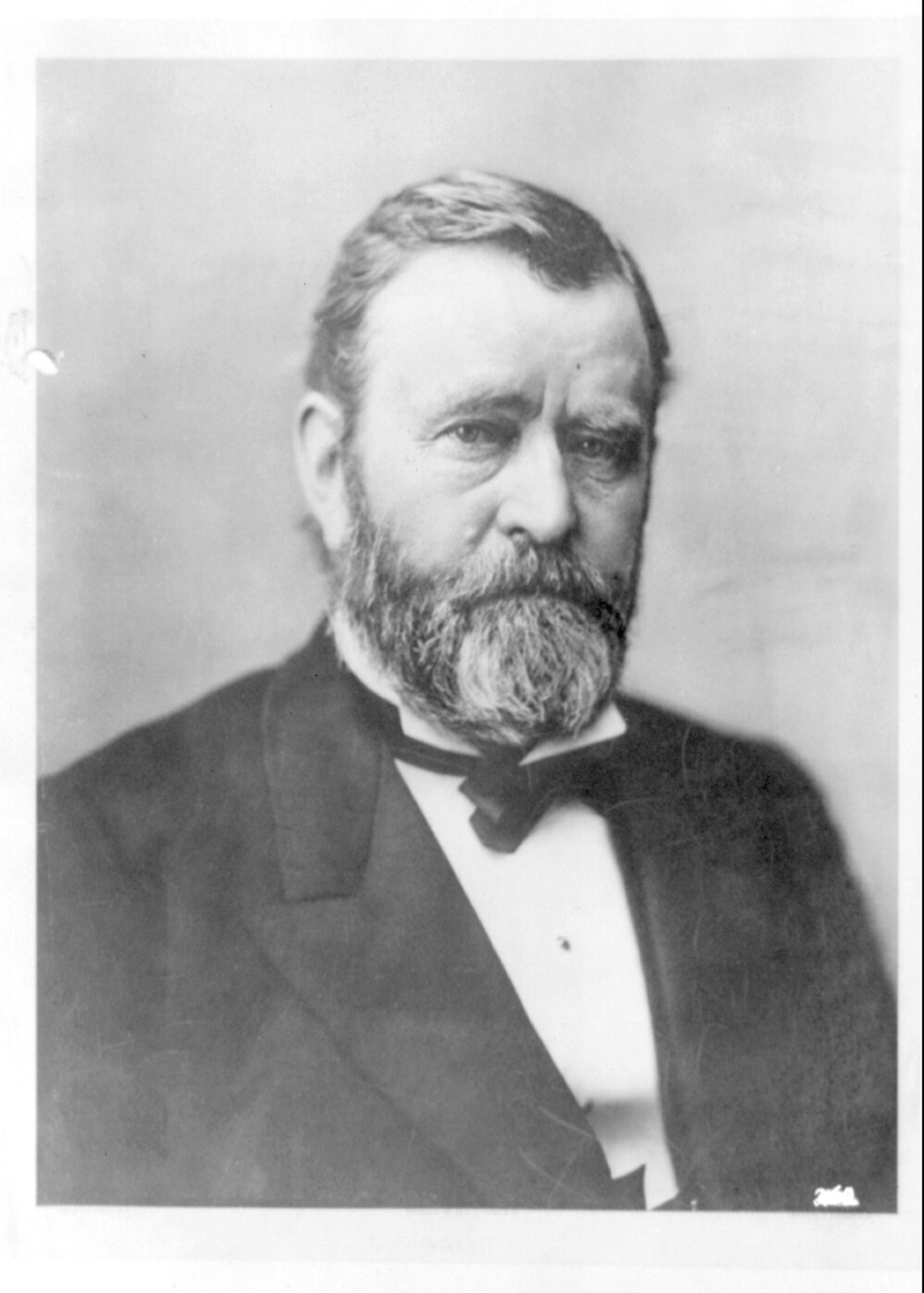George Washington Cable (1844-1925)
A southern writer, son of slaveholders, and former Confederate soldier from New Orleans, George Washington Cable struggled as a young teenager to try to support his family in post-war Louisiana, while simultaneously seeking an education. Cable’s opinions about southern culture, slavery, and the Lost Cause of the Confederacy changed over time, leading him to take up a strong position against the racism and White Supremacy of the Jim Crow Era. In the 1870s, he focused on writing stories about Creole life, acknowledging the multi-racial world that existed within the strict color lines of the American South. These books and articles brought him recognition and fame, as well as criticism from pro-Confederacy Southerners.
Clemens first encountered Cable in Hartford in June of 1881, and started a long and fruitful friendship. They met again the following year in New Orleans and decided to put together a lecture tour. From November 1884 through February 1885, Cable and Clemens traveled with one another on their joint lecture tour, which visited more than sixty cities in the United States and Canada. Following the conclusion of the tour Cable decided to pull up his southern roots, facing hostility from White Southerners in a Jim Crow world.
According to the Mark Twain Papers & Project, “As an outspoken critic of aspects of southern culture and an advocate of the rights of black Americans, Cable found it difficult to remain in the South, moving to Northampton, Massachusetts, in 1885. Samuel was irritated by what he considered Cable’s excessive piety, his parsimony, and also by his more mundane offenses such as hogging the lectern, but the two remained friendly. In Mark Twain’s book, Life on the Mississippi he referred to Cable as, “The south’s finest literary genius.”

